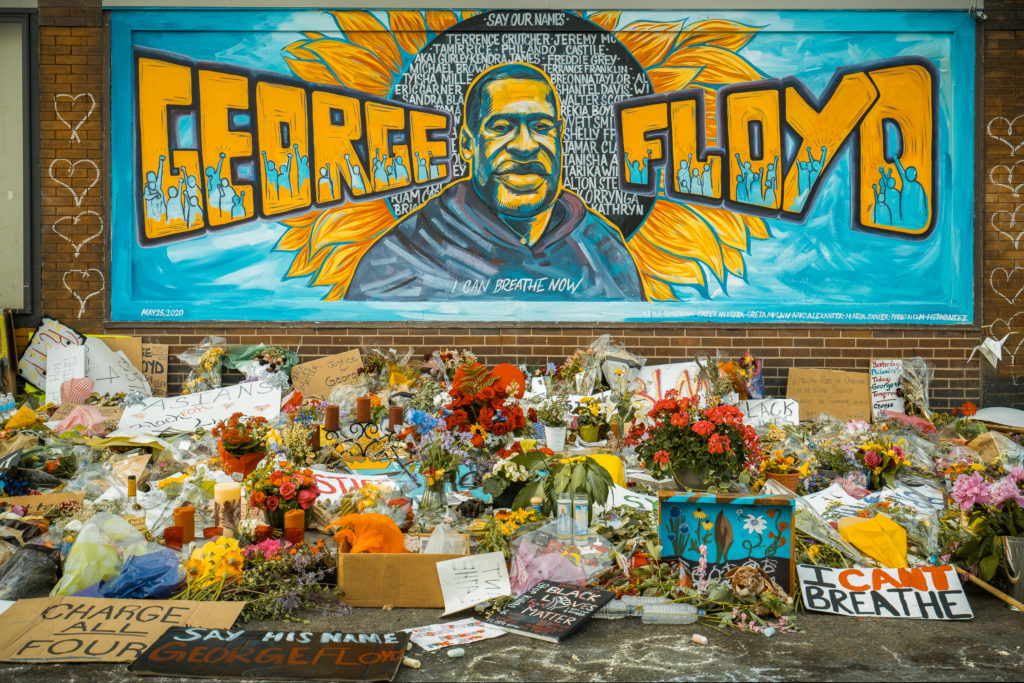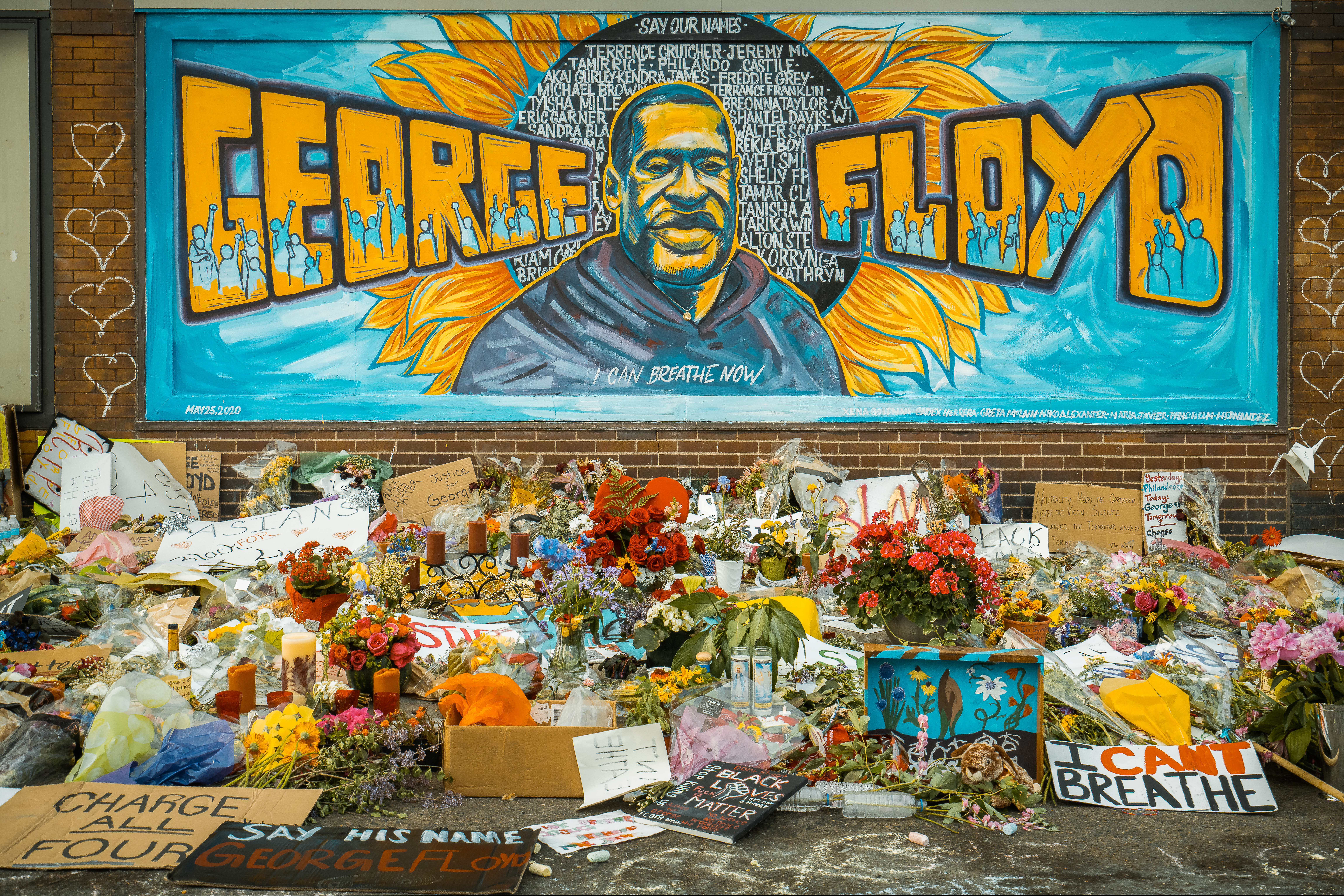The initial press release from the Minnesota Police Department was headlined, “Man Dies After Medical Incident During Police Interaction.”
That’s how police first described the death of George Floyd on May 25, 2020, after former police officer Derek Chauvi kneeled on the 46-year-old’s neck and back for more than nine minutes. Chauvin was convicted of murdering Floyd on April 20.
It’s impossible to know how the narrative might have shifted or whether Chauvin would have faced trial for Floyd’s murder without video of the incident captured by a teenage bystander.
But for us as journalists, what matters is the reminder about why can’t take official accounts at face-value.
Firstly, it’s important that we remind our communities that we are watchdogs, examining the conduct and the financial records and the decision of every public official. This is not about defending or defunding the police. Or about taking sides. This is about accountability and transparency and what should be our standard practice with any government release or statement from any government body in our community.
We question everybody. But we especially question the people we elect and the people charged with protecting the public.
We do this on behalf of the communities that we cover. If you haven’t had this conversation with your readers in a while, it might be time to have it again. We ask questions on their behalf. We push back on official accounts on their behalf. We show up at crime scenes on their behalf. We sit in zoning meetings on their behalf.

The murder of George Floyd made it clear what Black residents in our communities already know: that systematic abuse and discrimination exists in law enforcement. Our experiences with law enforcement vary by the color of our skin. Let’s be clear about that.
For many of readers, it’s too easy to dismiss Black encounters with law enforcements because they have no experience with discrimination. The most many white people feel when they see the red lights in the rearview mirror is regret about an infraction or annoyance about the financial cost. That has been my experience as a white driver. It will not be the experience of my Black sons.
We can teach our children respect for law enforcement officers, for admiration at their bravery and dedication to our communities and simultaneously also teach them about the need to dismantle a system that is racist and abusive and in some cases, murderous. In any workplace, there are people willing to stand up to wrongdoing. In any workplace there are people willing to stay silent. It’s not our job to judge either of them. It’s our job to find them, to cultivate them as sources and to write fact-based stories.
We need to dig harder in reporting about policing in our communities. That doesn’t doesn’t mean we do it from a starting point that we will find something amiss. But we need to start asking questions. After all, it is likely the rare police department in America that has effectively and completely rooted out race and abuse.
It might make it more difficult to do our jobs if our local police departments view us adversaries once we do. Perhaps we start with a sit-down between the publisher and the police chief so we are clear about our roles, about our need for open communication, about trust. Then we go to our communities and explain how we cover the police and we invite people to be a part of that process.
There are similarities between covering the police and covering the military, and I’ve done both. Soldiers, like police officers, need to know that we get what it’s like to be at war, that we’ve marched and ducked and felt the raze of bullets or the concussion of a blast. The more I covered the military as a war correspondent, and did it fairly, the more trust I earned. That translated into access.
We need to keep police reporters on the same beat long enough to establish the same trust, to know what it’s like to work the streets. We also need to live and report among the communities where distrust of the police is highest. We need to understand it just as I did in Iraq, reporting what it was like for innocent bystanders to have their home raided in the middle of the night. If I had only taken the military’s account that such raids were necessary, I would have missed the deep resentments that they caused, and I would have missed the stories of innocent people caught up in a war that simply arrived at their doorstep because of where they happened to live.
Or in Floyd’s case and in the case of so many of our Black readers, because of the color of their skin.
We are a critical juncture in America, in seeking accountability and in dismantling a policing and justice system that simply doesn’t treat people the same. We can report on solutions and challenges, challenge policies that are unfair or abusive, or we can sit back and let history judge our refusal to be uncomfortable.
This story first appeared in Publisher’s Auxiliary, the only national publication serving America’s community newspapers. It is published by the National Newspaper Association. GJR is partnering with Pub Aux to re-print Jackie Spinner’s monthly “Local Matters” column on our website. Spinner is the editor of Gateway Journalism Review. Follow her on Twitter @jackiespinner.

